Everyone deserves a safe place to call home…
By: Alex Abramovich and Amanda Moss
The new year represents an opportunity to reflect on the year that has passed and to set new goals and intentions for the year ahead. In 2021, we continued to face the COVID-19 pandemic, which had drastic impacts on people’s lives. The COVID-19 pandemic disproportionately affected marginalized populations, including people experiencing homelessness and individuals who identify as 2SLGBTQ+.
The findings of our ongoing research study investigating the impacts of COVID-19 on 2SLGBTQ+ youth at risk of, and experiencing, homelessness showed that the pandemic has significantly impacted important aspects of people’s lives, including their health, living situations, mental health concerns, alcohol and substance use, and access to health care.
We found that 2SLGBTQ+ youth experienced higher rates of violence and identity-based abuse, and felt less safe in their place of residence during the pandemic. Youth spoke at length about being trapped inside with unsupportive, homophobic, and transphobic family members, with little ability to escape. Youth expressed feeling exhausted, sad, and disheartened by ongoing identity-based rejection and being unable to self-express in ways that were true to their core existence.
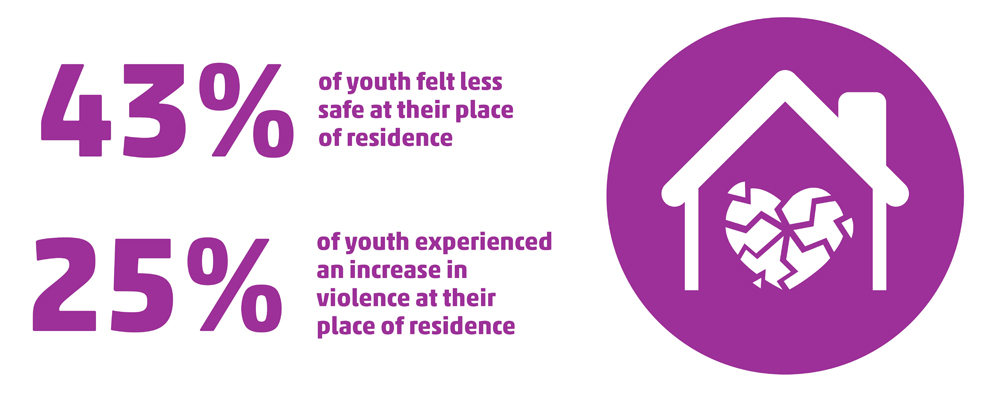
We saw a major increase in 2SLGBTQ+ youth living in public spaces (e.g., parks, vehicles, etc.) since the pandemic (32%) compared to before the pandemic (12%). One youth spoke about feeling really scared sleeping outside: “I definitely didn’t feel safe. It was really scary. I have anxiety. So, sometimes I wouldn’t sleep […] I spent a lot of the time awake late.” (Gabby, 17-years-old).
Many 2SLGBTQ+ youth avoid shelters and transitional housing programs, given that identity-based discrimination and rejection often persist in institutional settings, making it difficult for them to access the care and support they need. For example, a frontline staff member from a 2SLGBTQ+ support centre stated: “There’s no resources for them to reach out to and it’s leading to hopelessness because, even in their run away fantasies, like, ‘I wish I could just run away’, but ‘to where?’, ‘to what?’. There’s nothing […] There’s no safe havens.”
Youth reported high rates of anxiety, depression, self-harm, and suicide attempts, with 35% of youth reporting that they attempted suicide since the beginning of the pandemic. Despite the alarming rates of mental health issues, the majority of youth were unable to access the mental health care they needed.
One youth said: “I tried to kill myself three days ago and they had to give me activated charcoal, basically pumping my stomach and they discharged me from the hospital as soon as I was medically cleared because there were no psychiatry beds. […] I may not be able to pinpoint exactly what services are lacking, but the evidence is right there to prove that it’s lacking, it’s almost as if I just can’t even remember what services existed before COVID.” (Thomas, 24-years-old)
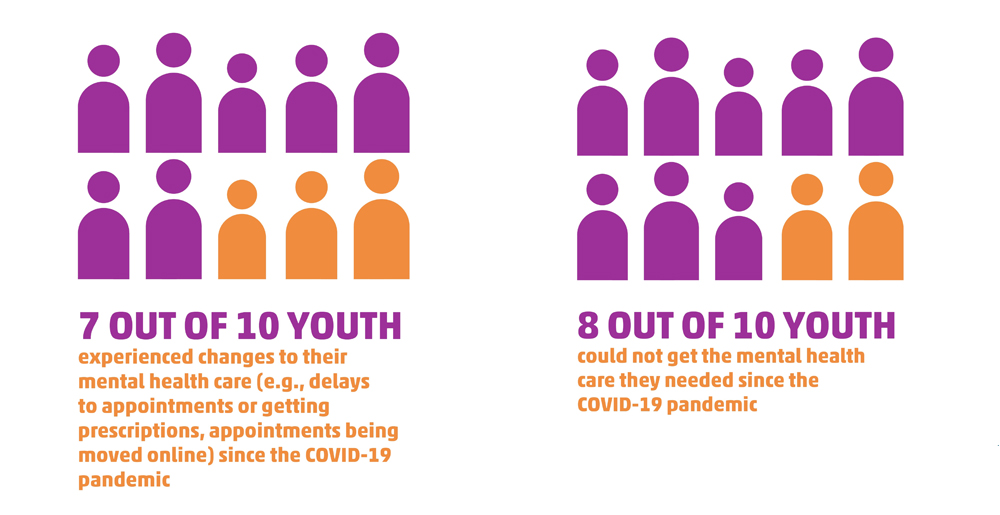
Youth also reported increased levels of alcohol and substance use during the pandemic, with 67% of youth using more cannabis, 51% consuming more alcohol, and 38% smoking or vaping more. Youth reported that the reasons for increased drinking and substance use related to loss of employment, difficult living situations, loss of connection to friends and community, and identity-based discrimination.
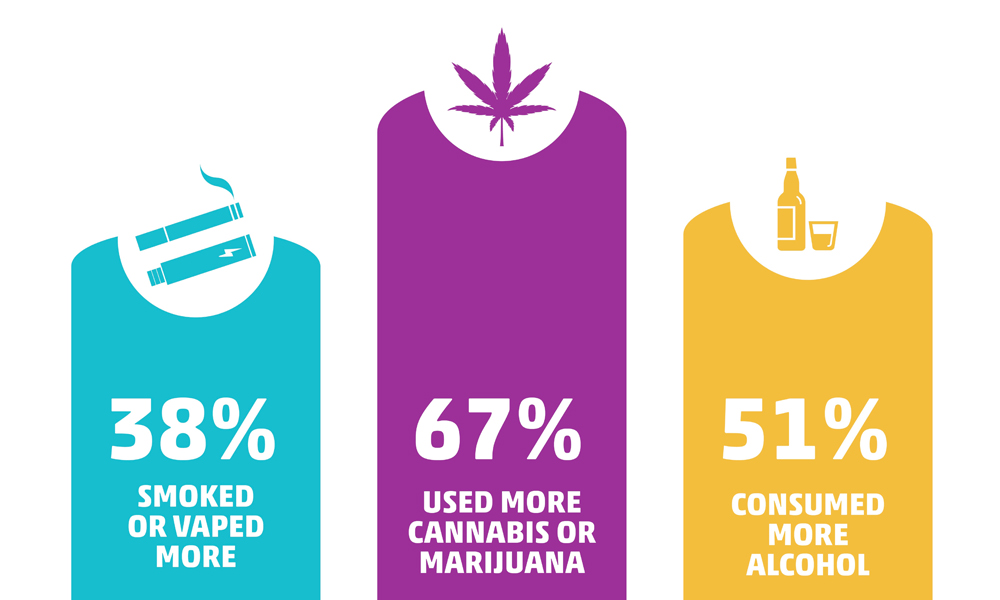
There is no doubt that the pandemic has significantly exacerbated hardships among communities that were already struggling prior to COVID-19, including 2SLGBTQ+ youth experiencing homelessness, who have found it even more difficult to access basic support services, healthcare, and housing programs.
The new year brings an opportunity for a fresh start and to seriously consider our priorities. Populations that have been hit the hardest during the pandemic must be prioritized in the pandemic response. There is an urgent need for inclusive and affirming preventative and long-term solutions in order to end 2SLGBTQ+ youth homelessness and to address people’s health and safety needs that have been impacted by the pandemic. Everyone deserves a safe place to call home and it is time we make this a top priority.
To hear more about how the COVID-19 pandemic has impacted 2SLGBTQ+ youth at-risk-of, and experiencing, homelessness, and about recommendations for supportive and healing ways to move forward, join our upcoming online webinar taking place on: Tuesday February 8, 2022 from 1:00-2:30pm. Please see the following link for more information and to register.
—
ALEX ABRAMOVICH is a Scientist at the Institute for Mental Health Policy Research at the Centre for Addiction and Mental Health (CAMH) and an Assistant Professor at the Dalla Lana School of Public Health and the Department of Psychiatry at the University of Toronto. His program of research focuses on 2SLGBTQ+ health and homelessness. AMANDA MOSS is a Research Analyst on Dr. Abramovich’s team and a Registered Social Worker with the Ontario College of Social Workers and Social Service Workers.

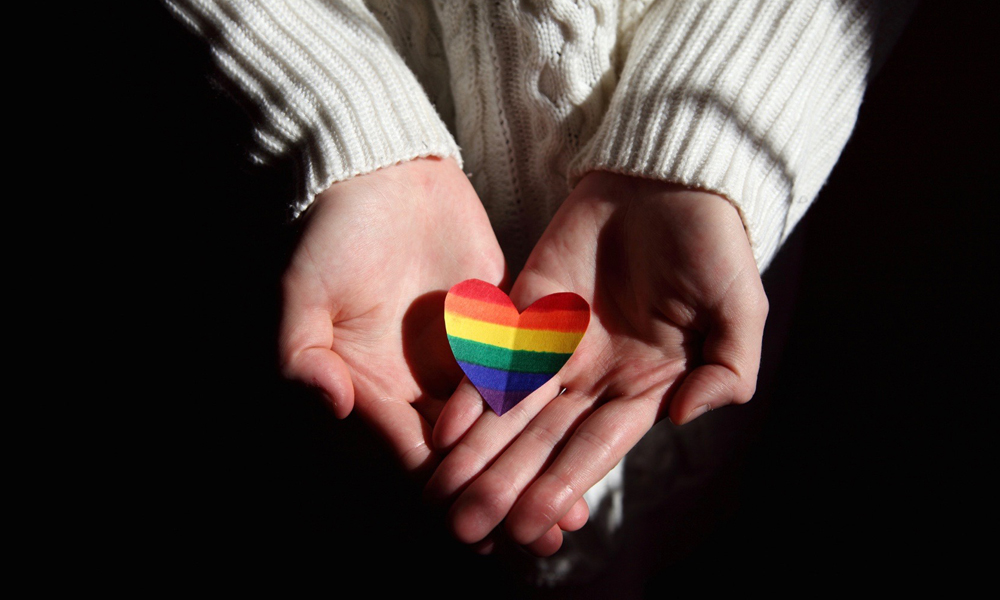

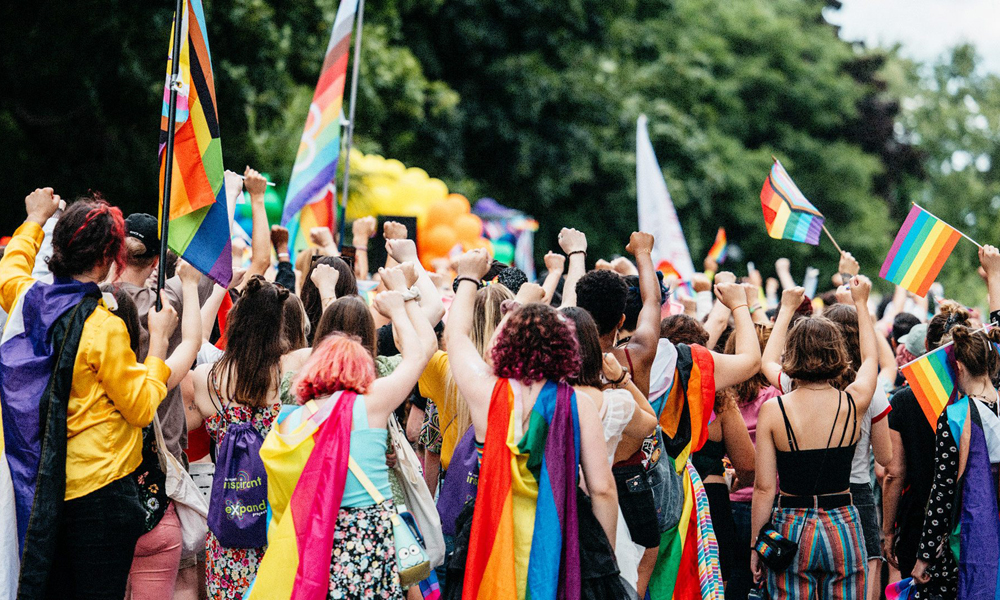


POST A COMMENT